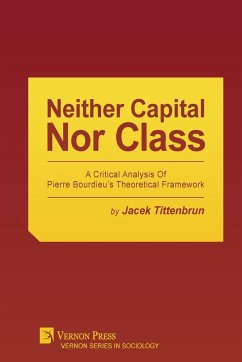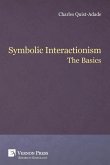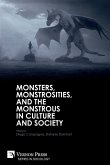This book offers an in-depth examination of Pierre Bourdieu's theoretical framework. The book is not just a collection of more or less critical remarks but constitutes a coherent whole, underpinned by an original analytical framework. This conceptual apparatus makes it possible to present some alternative solutions to the theoretical problems under consideration. The book goes largely against the grain of views that are dominant in the literature on Bourdieu. Therefore, its conclusions may be surprising to many a reader. The book demonstrates that Bourdieu's well-known theory of 'capital' forms is untenable, resembling more an illegitimate metaphor rather than a scientific concept. In a similar vein, the Bourdesian class theory should be largely regarded as a variant of social stratification rather than class. There are many theoretical and empirical problems with Bourdieu's theory of social and cultural reproduction as well. There is more to the above criticisms than meets the eye. The point is that many weaknesses of Bourdieu's style of theorising seem to stem from his intellectual dependence upon structuralism, especially in Claude LÉvi-Strauss' version. It is this affinity that accounts for such features of Bourdieu's approach as its essentialism, formalism and epistemic idealism. The book will be of interest primarily to students of Bourdieu's many and varied contributions to social theory. In view of Bourdieu's immense influence, it will also hold interest to critical scholars in political science, economic sociology and political philosophy.








